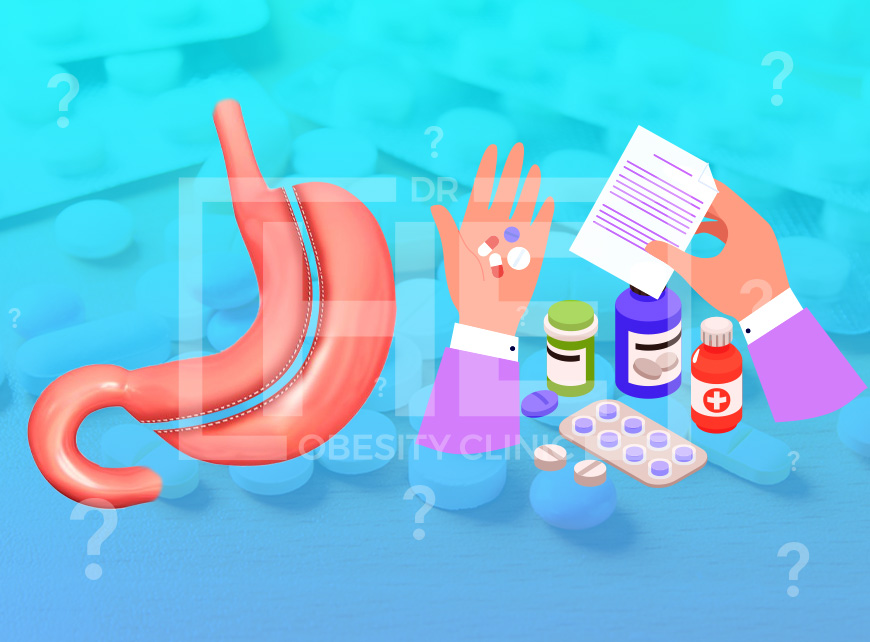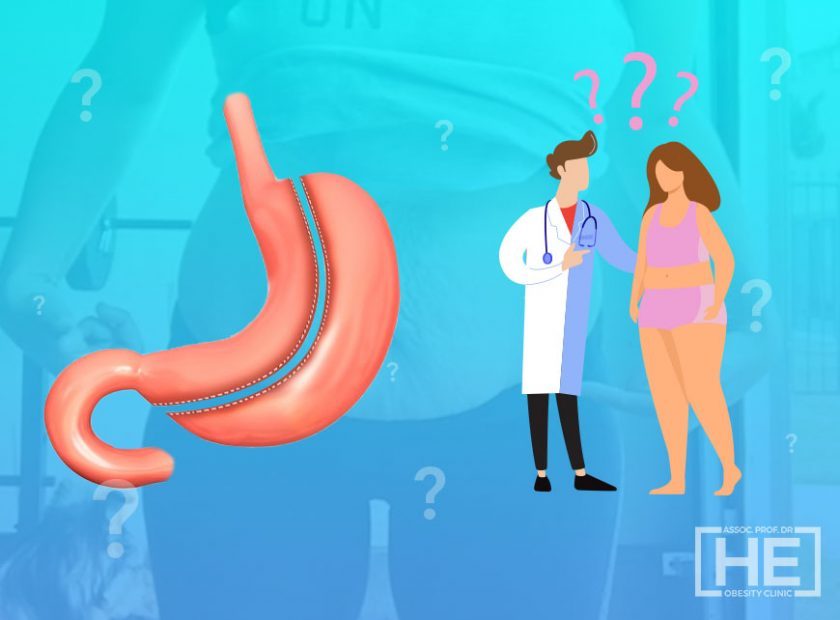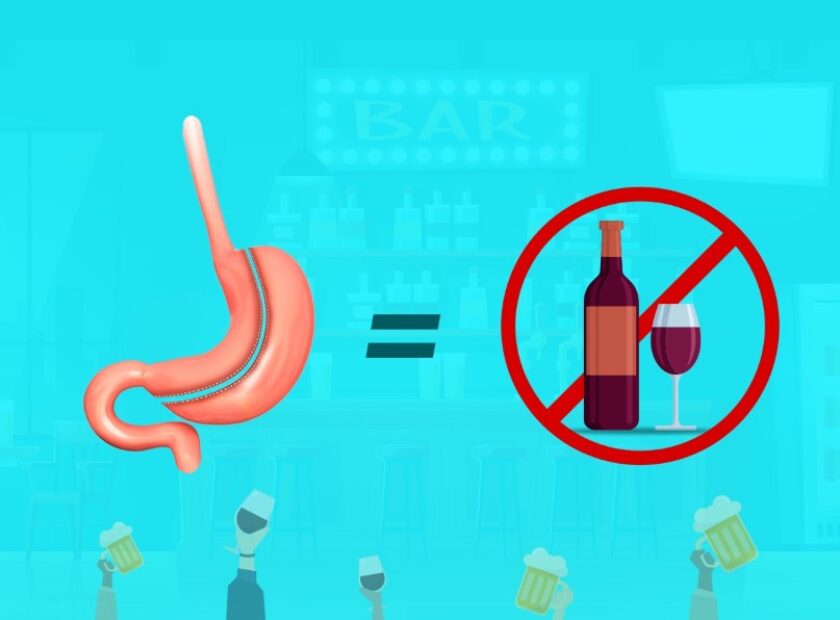
What Pain Medication Can I Take After Gastric Sleeve Surgery? Bariatric surgery will cause a lot of changes in your body. This shouldn’t be taken as a given.
Even a simple weight-loss procedure like the Gastric Sleeve can cause a certain level of discomfort. After early monitoring, you will be able to return home and take pain relief medications to ease the soreness and discomfort.
After gastric sleeve surgery, most patients can leave the hospital and recover at home. The recovery process is one of healing and getting used to the new stomach shape.
After the procedure, it is safe to take some pain medications. However, there are some medicines that you should not take after the procedure. You should consult with your doctor before using pain relievers.
If you decide to take over-the-counter medications, you must consult your doctor and pharmacist before taking any medication. You can take acetaminophen (Tylenol) or Tylenol.
Both are safe and effective and will help you recover from the surgery. The type of pain medication you should take depends on your personal pain tolerance. Note that NSAIDs may increase your chances of developing an ulcer after gastric sleeve surgery.
While these medications are commonly prescribed, your specific needs are unique to you and they might require different painkillers.
After bariatric surgery, opioid drugs like hydrocodone, Percocet, OxyContin, codeine and morphine can be taken. To relieve pain and discomfort, it is not uncommon for opioids to be combined with acetaminophen.
Why You Should Avoid NSAIDs After Bariatric Surgery?
The ability of your stomach to produce mucous is affected by NSAIDs. This protects your stomach lining from the gastric fluids. Your chances of stomach bleeding, ulcers and stomach perforations are increased when your stomach lining is exposed. These complications can lead to serious medical problems after bariatric surgery.
NSAIDS drugs include:
- Naproxen
- Aspirin
- Ibuprofen
NSAIDs, which are over-the-counter anti-inflammatory drugs, can cause side effects and wear down the mucous membrane in your stomach. Furthermore, these medicines can lead to stomach ulcers. This is why over-the-counter NSAIDs are not recommended after gastric sleeve surgery.
Final Thoughts on Medications to Take After Weight Loss Surgery
The gastric sleeve may be simple procedure, but it is still very important. Side effects include pain. You can get over-the-counter or prescription pain medication to treat mild, moderate, and severe pain.
You will be admitted to the hospital immediately following surgery. There you will receive pain medication intravenously or as pills.
Before gastric sleeve surgery, you should talk to your doctor about your medications and other conditions. Some medications can interact with the new anatomy of your stomach and with your gastric sleeve.
As with all other surgeries, you should ask your doctor if you can take certain pain relievers while recovering from your surgery. It is also important to discuss the side effects with your surgeon, as the risks of using these drugs can lead to complications.
There is usually no need to worry when faced with these abdominal pain. Any weight loss surgery may cause some discomfort and pain for several weeks. However, you will experience a gradual decrease in your pain within the first few weeks. You should get plenty of rest and avoid rigorous activity.
What Medications Can You Not Take After Gastric Sleeve?
Aspirin and ibuprofen are examples of nonsteroidal anti-inflammatory drugs (NSAIDs), which may not be advised after gastric sleeve surgery due to the possibility of bleeding and ulcer development. These drugs may aggravate the stomach and intestine’s lining, raising the possibility of bleeding and other problems. When it comes to which medications are safe to take after surgery, it’s important to heed the advice of the surgeon and other medical experts.





